The United States previously attracted many Chinese companies to invest and deposit money by raising interest rates. In fact, for the United States, it must have also been thinking of leveraging such a purpose to pry into China's economy. But now the United States has also tasted the bitter fruit, because the money retained by raising interest rates now has to be sent out personally by lowering interest rates.
So for the United States, did they think about this consequence before raising interest rates?
The United States raises interest rates, not only to change the domestic economic environment, but also one of the ways for the United States to "save itself."
From the attitude of the U.S. government towards debt pressure, it can be seen that the United States' way of "saving itself" is very special. It does not start from developing the domestic economy, but from borrowing money from other countries and raising interest rates to attract capital into the United States, leveraging to make the domestic economy grow.
So the United States has its current economic strength to a large extent from the help of various countries. The United States is putting a long line in front, just to catch these big fish, and they are still willing to take the bait.
Now the United States has also started to lower interest rates, so will the 14 trillion yuan of funds in U.S. banks also start to turn against them?
Regardless of whether the money will flow to China, at least for this sum of money, it will definitely not continue to stay in the United States. So the United States must be anxious. If there is no money in the banks, they will only face bankruptcy. If the government has no money, they will have to borrow money everywhere, plus the United States' own foreign debt, this huge financial storm, I'm afraid it will come as soon as it is said.
Some people may think, why does the United States choose to raise interest rates when it clearly has no money? Of course, it is to increase the exchange rate and market value of the U.S. dollar.
Think about it, if the U.S. dollar is not valuable, will everyone still think that the U.S. economy is developed?
If the U.S. economy declines, there will be no more capital to invest. A large number of capitals leaving the United States means what, everyone can imagine.The US government is particularly adept at manipulating exchange rates to devalue the currencies of other countries. Exchange rates do not affect the dollar, but they can make other currencies increasingly worthless.
Take a look at the Japanese yen; Japan was once a world economic powerhouse, yet the yen's exchange rate is quite low. Apart from the fact that the yen, like the South Korean won, is a high-denomination currency, isn't there an exchange rate factor at play?
If one day the Chinese yuan were to become a casualty in the currency war against the dollar, like the yen and won, it would be a devastating blow to China's economy, akin to a storm.
At that time, the yuan was depreciating while the US dollar was appreciating. However, this year, the dollar has also started to show signs of depreciation, due to the weakening of the US economy, which can no longer generate high interest rates as it used to, to meet the needs of depositors.
Now, the yuan exchange rate is rising again and may appreciate by 20%, with money gradually flowing back to China. It is estimated that about $1 trillion will slowly flow back to China after October.
In such a situation, is the US willing to accept this?
In fact, this is a normal economic pattern. It should be noted that when the US engaged in economic warfare, it did not consider how to solve the problem when the Chinese market faced a shortage of money.
The US always thinks about using such methods to strike at the economic development of other countries, but it is now suffering from severe backlash.
As a result, the economy is no longer controllable, and prices are also rising, which may be the biggest crisis for the US.
Now that funds are flowing back to the country, should the yuan also consider the issue of appreciation?The higher the market value of the Chinese yuan, the more the market share of the US dollar will be affected, which in turn impacts the US economy.
Previously, the real estate market in our country was also artificially inflated, with a large number of people investing their money into the real estate industry. Now that interest rates have dropped and per capita income has declined, everyone has realized that this was actually just another conspiracy by the United States.
In addition, the US stock market has begun to plummet, which is not a good sign. The stock market represents the market environment and economic prosperity within the entire financial system. If stock prices fall, it indicates that the development of various industries is not as good as before. Of course, it could also be the result of manipulation by US government officials.
The rise and fall of the global economy is mostly influenced by US interest rates. If the US dollar depreciates on a large scale and interest rates decline, it may not necessarily be a good thing.
Of course, if the process of de-dollarization is achieved sooner, and the Chinese yuan becomes the mainstream currency, it would be a real opportunity for China.
Moreover, we would no longer be affected by US trade wars, and other countries could directly bypass the United States to conduct transactions with China.
If more and more countries start using the Chinese yuan for currency settlement in the future, the United States may be the one that truly loses the global market. Of course, this day will definitely come, it's just a matter of how long the US dollar can hold on.

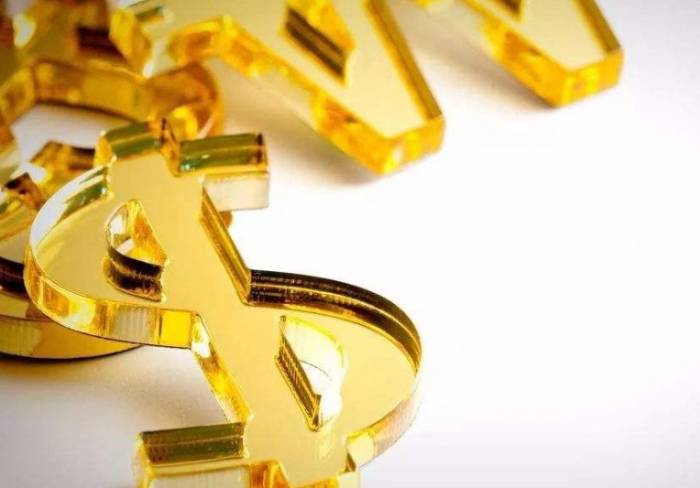



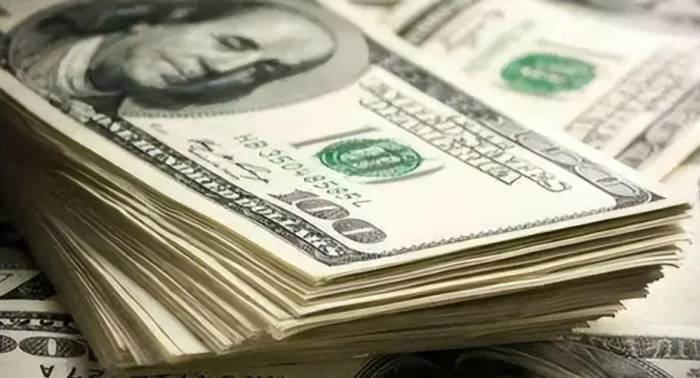
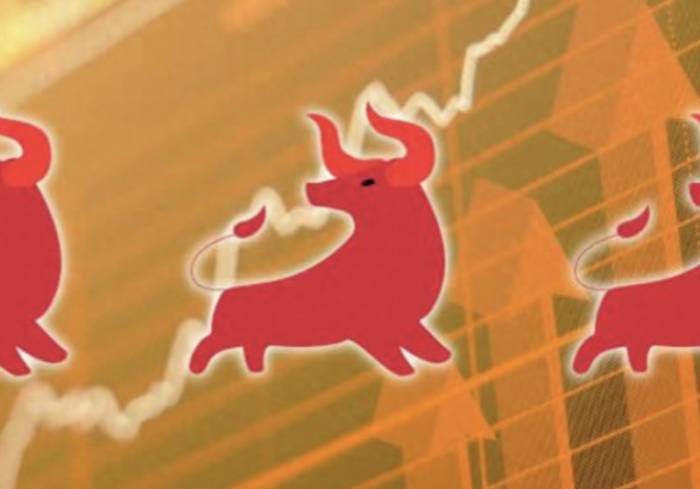
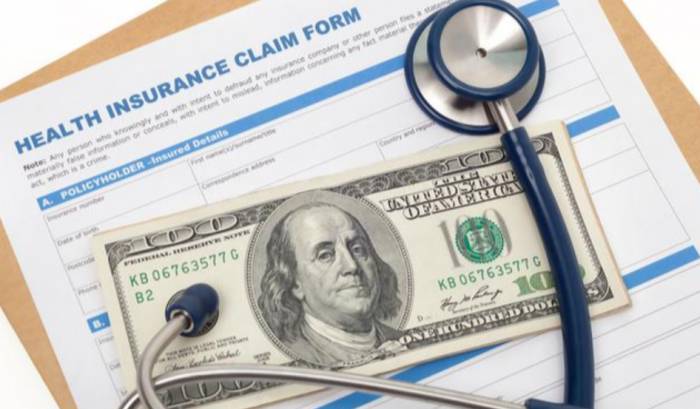
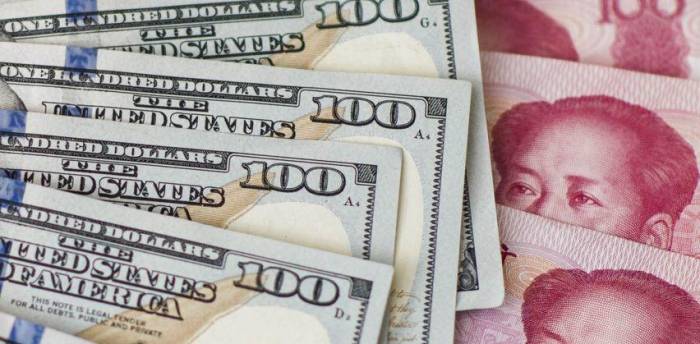


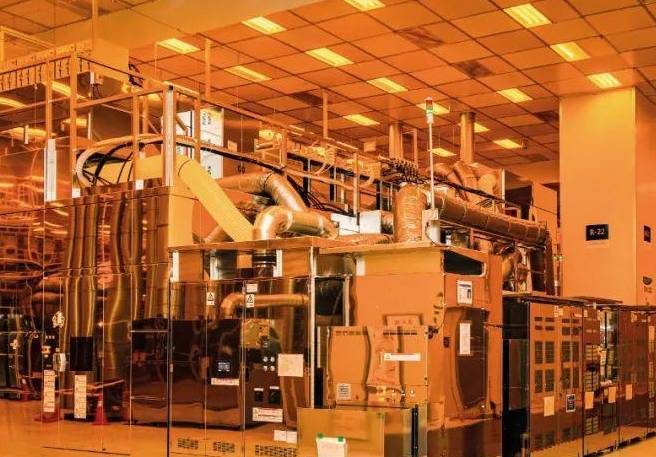

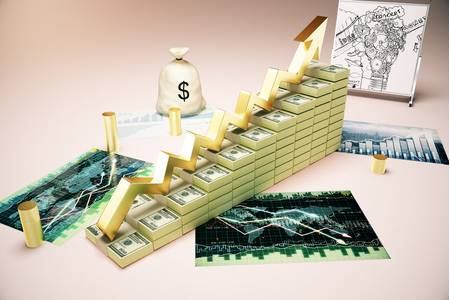

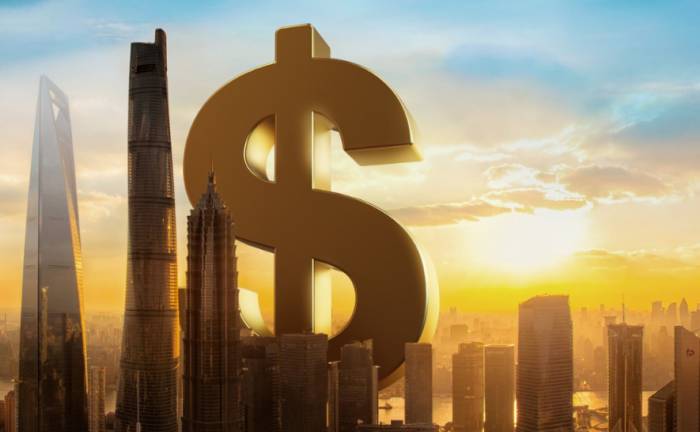
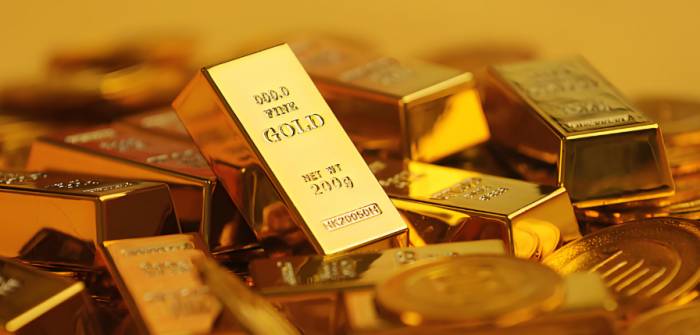
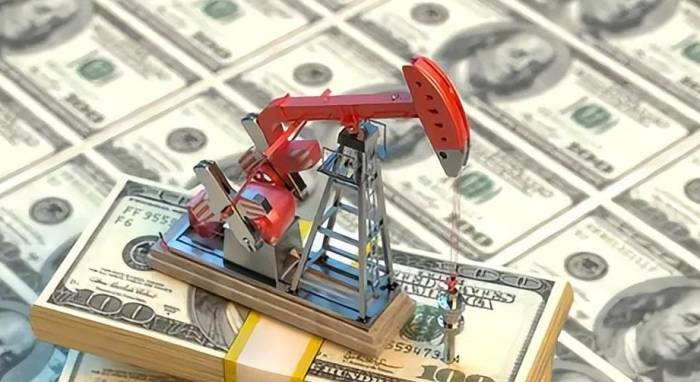

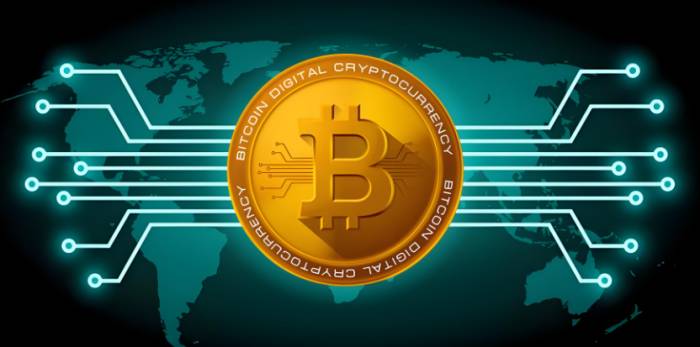


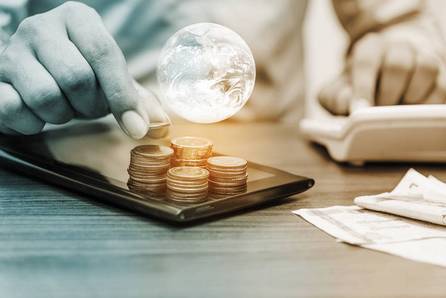
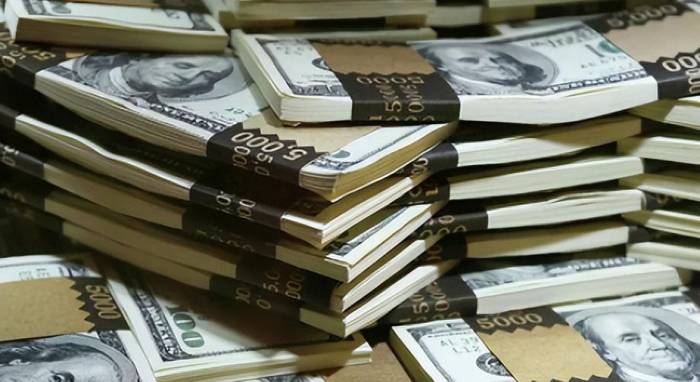

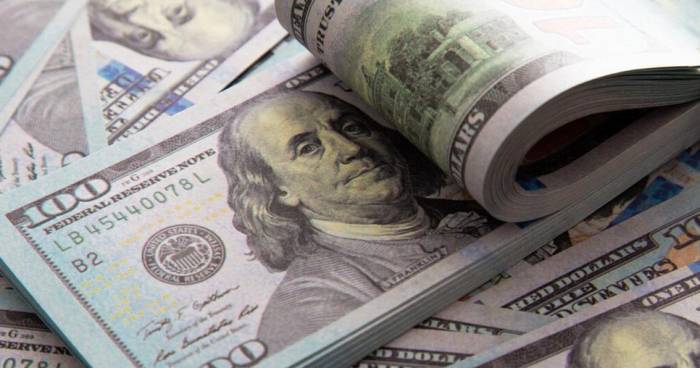

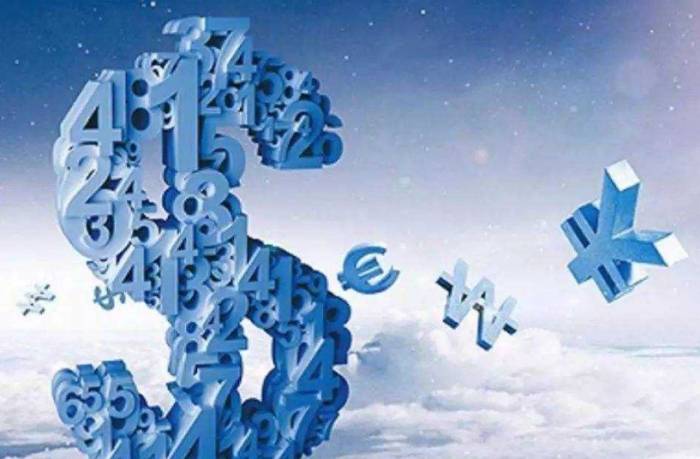
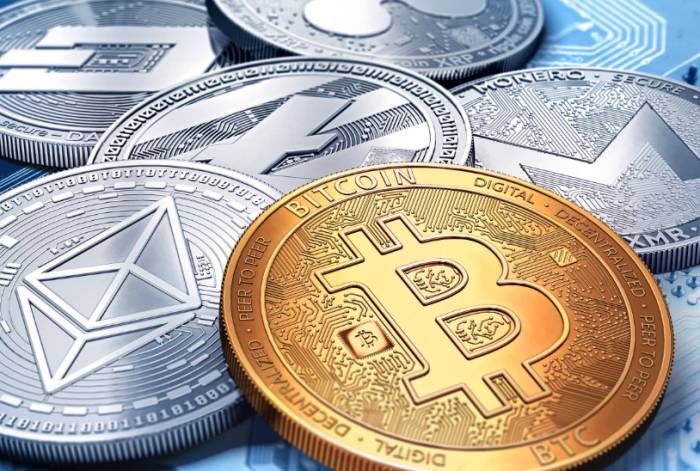
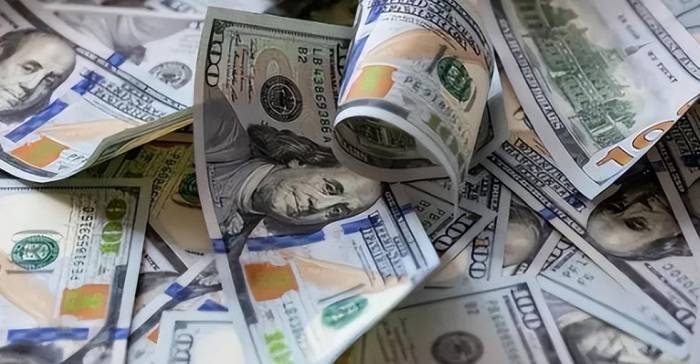
Leave a Comment